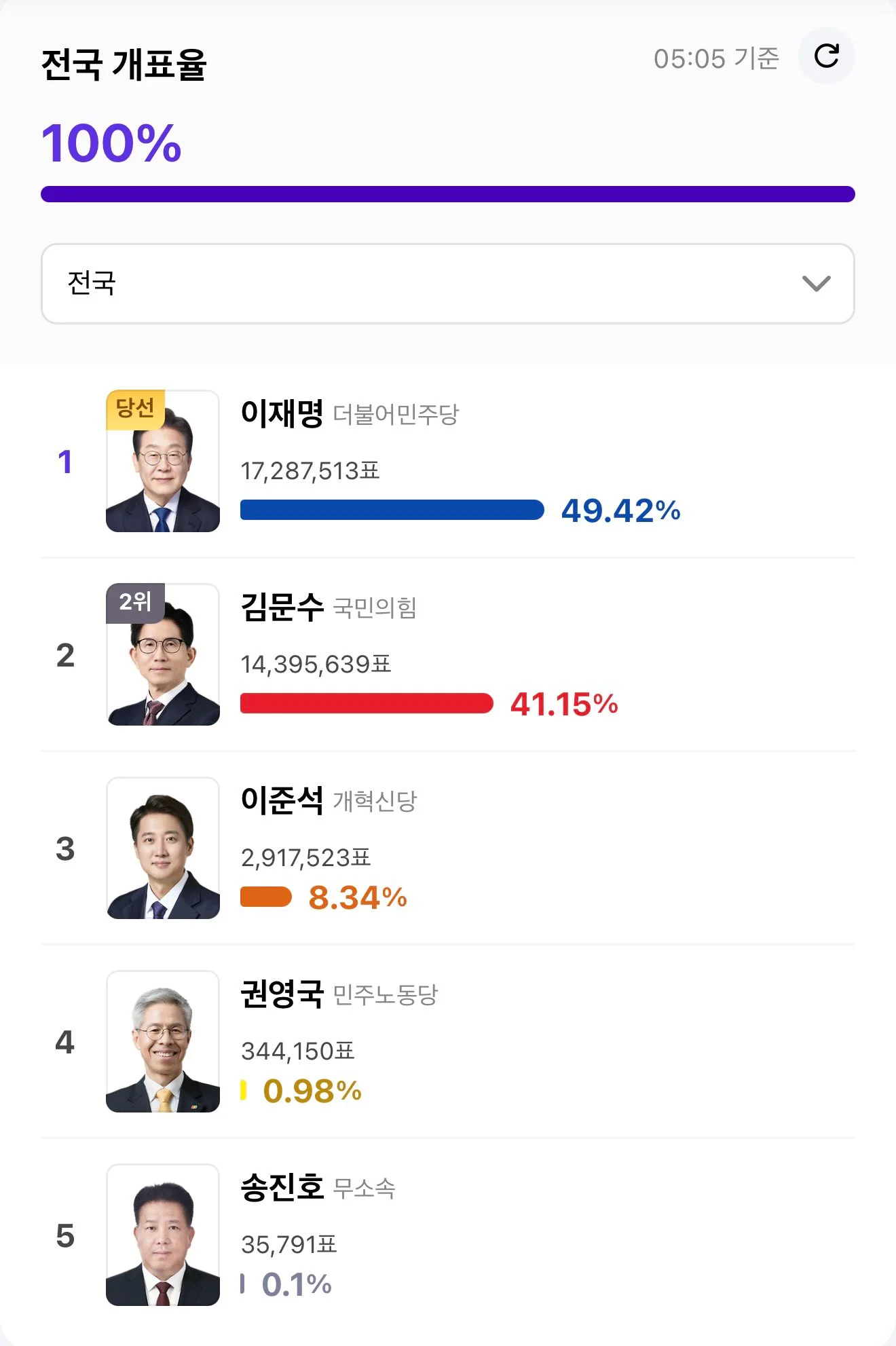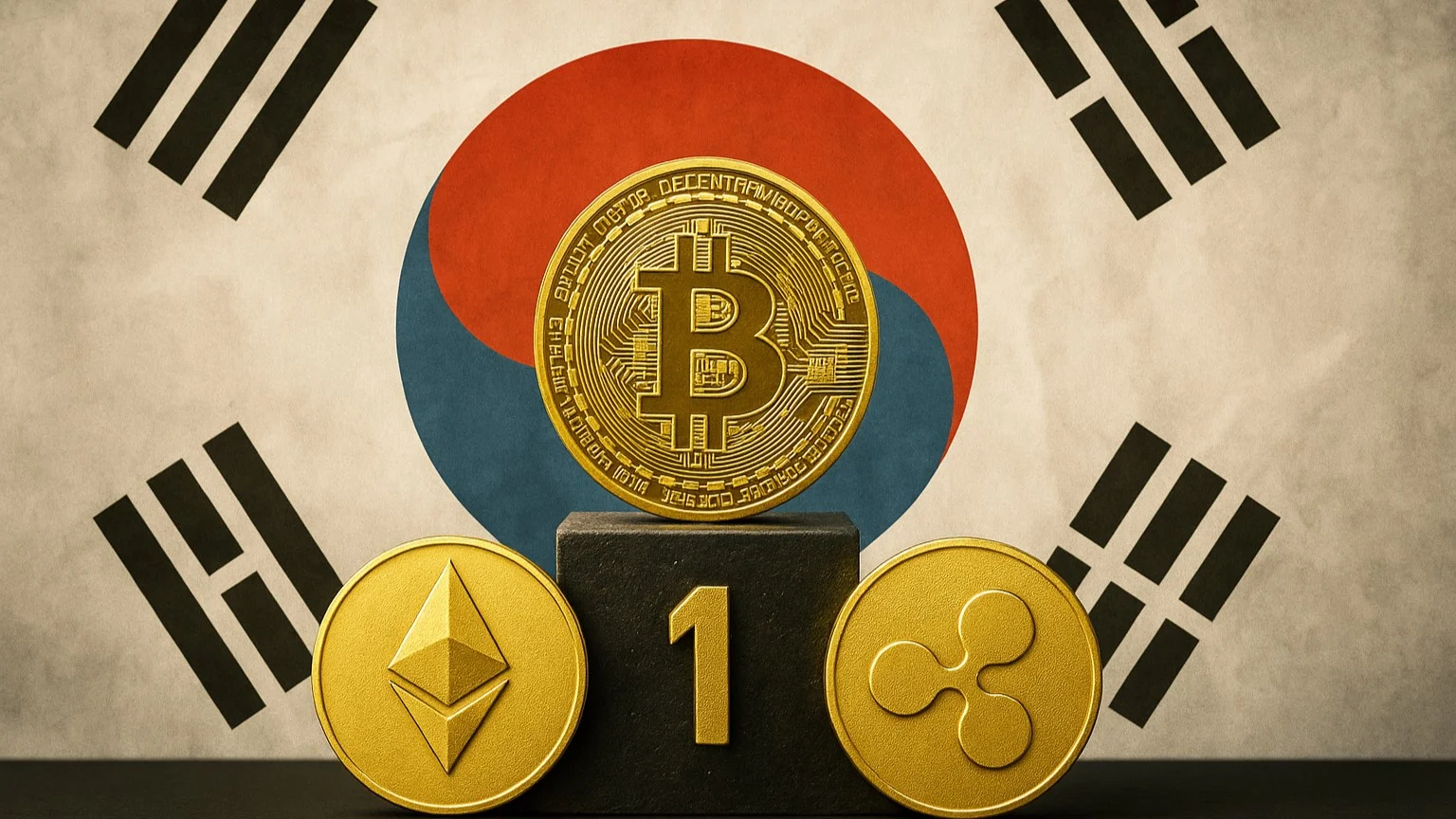South Korea elected its new president after historic elections held on June 3rd. Lee Jae-myung, the Democratic Party candidate and opposition leader, was elected president with 49.42% of the votes in the election, the highest turnout in recent years. His conservative rival Kim Moon-soo remained at 41.15%. This result is quite critical for the Bitcoin and altcoin space. Because Lee Jae-myung is known as a pro-cryptocurrency politician.
Pro-crypto candidate elected president in South Korea
The South Korean presidential elections, the results of which were announced in the first hours of the day, were closely followed in the crypto market. Because it was known that Lee Jae-myung, one of the candidates, supported cryptocurrencies. Lee Jae-myung won the presidential elections, which took place with record participation, with 49.42% of the vote. The election carries the hope of a restructuring for the country, as it comes after a chaotic period that resulted in the failed coup attempt and impeachment of the previous leader Yoon Suk-yeol. Lee's campaign offered hope for economic recovery. However, it was also notable for introducing serious reforms on cryptoassets.

What is on the new government's agenda?
At the center of Lee Jae-myung's election promises is strengthening South Korea's position in the cryptocurrency market. The new president advocates the legalization of spot Bitcoin ETFs on local exchanges. Following the approval of spot ETFs in the US, the introduction of similar products in South Korea had caused excitement among investors. However, until today, the issuance and trading of such ETFs has remained prohibited in the country.
Lee also plans to establish a stablecoin market indexed to the Korean won. Speaking at a policy meeting in May, Lee said, “A won-based stablecoin market is essential to prevent national wealth from fleeing abroad.”
The new government's agenda also includes the second phase of crypto asset regulations. These regulations, which will focus on the transparency of stablecoins and crypto exchanges, aim to strengthen investor protection. On the other hand, Lee argues that regulations should be minimized in blockchain innovation zones. This will pave the way for tech startups and make South Korea more assertive in global competition.
Lee Jae-myung is not the first president elected in South Korea with pro-crypto promises. The ousted former president Yoon also made similar promises, but no serious progress was made in practice. What is different this time is both the change in global markets and the increasing individual investor interest in South Korea. The number of users registered on crypto exchanges in the country has reached 9.7 million. This corresponds to about 20 percent of the population. It remains to be seen to what extent Lee Jae-myung's crypto-friendly policies will be implemented.




